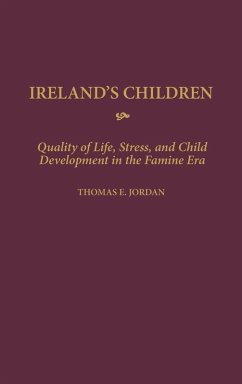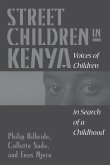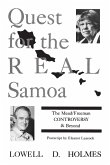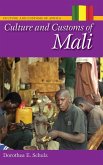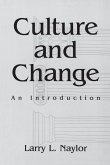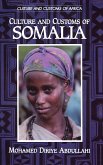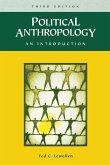A quantitative analysis of the situation of Ireland's children during the famine era (1841-1861), this study utilizes census data to construct a series of indices to measure the quality of life for children in each of Ireland's 32 counties. While relatively little is known about the particular effects of the famine on childhood, census records from 1841, 1851, and 1861 do exist. Jordan also considers anthropometric data on military recruits, emigration figures, school enrollment, church records, and contemporary accounts to build a picture of Ireland's children. This comparative approach provides a wealth of information on family life in Ireland at both the county and the provincial levels. It addresses the role of home and school as a model of socialization and the use of emigration as a coping device. The author also explores the social climate created by the 1838 Poor Law. Ultimately, the stress of struggling to survive the natural disaster of the famine, combined with the political developments of the day, had a devastating effect on the young.

